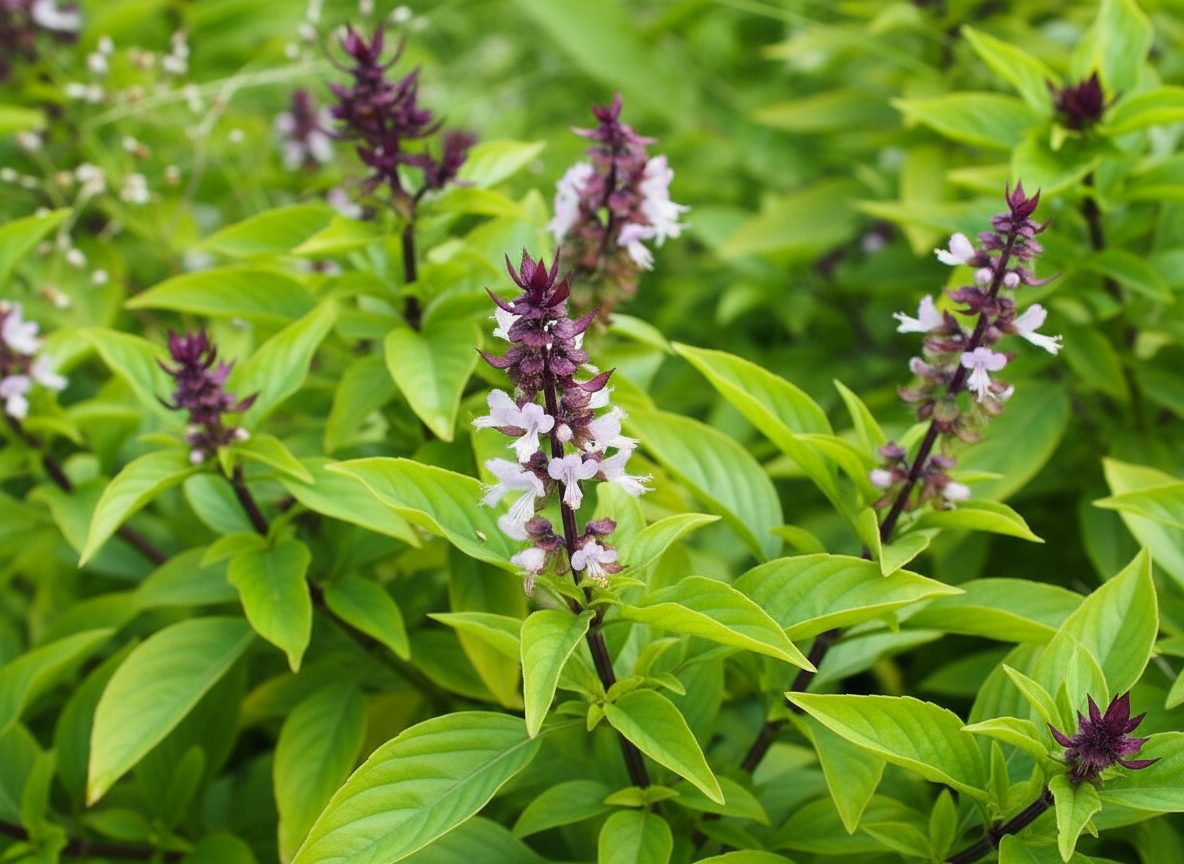
Basil, often referred to as the “king of herbs,” is not only a flavorful addition to your meals but also a natural healer packed with medicinal properties. Known as Tulsi in Ayurveda, basil has been used for centuries to boost immunity, reduce stress, and promote overall wellness. From its rich aroma to its powerful nutrients, basil truly lives up to its title as nature’s miracle herb. Here’s a look at some of the amazing ways basil can benefit your health.
1. Boosts Immunity
Basil is rich in antioxidants, essential oils, and phytonutrients that help strengthen the immune system. Its antibacterial and antiviral properties protect the body from infections and promote faster recovery. Drinking Tulsi tea or chewing fresh basil leaves daily can naturally enhance your body’s defense against illness.
2. Reduces Stress and Anxiety
Basil is an adaptogenic herb, meaning it helps the body adapt to stress and restore balance. Compounds in basil such as eugenol and rosmarinic acid help calm the nervous system, reduce anxiety, and promote mental clarity. A warm cup of basil tea can work wonders for relaxation after a long day.
3. Supports Respiratory Health
In Ayurveda, basil is known as a remedy for respiratory conditions like asthma, bronchitis, and common colds. Its anti-inflammatory and antimicrobial properties help clear congestion and soothe the throat. Inhaling steam infused with basil or drinking Tulsi tea can help relieve coughs and breathing difficulties.
4. Improves Digestion
Basil stimulates the digestive system and promotes better nutrient absorption. Its carminative properties help reduce bloating, indigestion, and acidity. Adding basil leaves to your meals or consuming basil water before eating can keep your digestive system strong and balanced.
5. Promotes Heart Health
Basil supports cardiovascular health by reducing cholesterol and blood pressure levels. Its antioxidants, especially eugenol, help protect blood vessels and improve circulation. Regular consumption of basil may help reduce the risk of heart disease and improve overall cardiac function.
6. Fights Inflammation and Infection
Basil contains powerful anti-inflammatory and antibacterial compounds that protect against a wide range of infections. It helps reduce inflammation in the joints, supports wound healing, and may even help combat chronic inflammatory conditions when used regularly.
7. Supports Healthy Skin and Hair
The antioxidants in basil purify the blood and promote clear, glowing skin. Its antibacterial properties help fight acne and other skin infections. When used in hair care, basil helps strengthen the scalp, reduce dandruff, and encourage hair growth. Applying basil oil or using it in herbal masks can enhance both skin and hair health.
8. Regulates Blood Sugar Levels
Studies suggest that basil may help lower blood sugar levels and improve insulin sensitivity, making it beneficial for people managing diabetes. Drinking basil-infused water in the morning can help stabilize glucose levels naturally.
How to Use Basil
You can consume basil in several ways—chew fresh leaves, brew them into tea, or add them to soups and salads. Tulsi tea is one of the most popular ways to enjoy its healing properties, especially for immunity and relaxation. Basil essential oil can also be used in aromatherapy to relieve stress and improve mood.
Final Thoughts
Basil is far more than just a culinary herb—it’s a potent natural healer that supports the mind, body, and spirit. From boosting immunity to reducing stress and improving digestion, basil’s healing power makes it a true miracle of nature. Incorporating basil or Tulsi into your daily routine can help you live healthier, more balanced, and more naturally.
Disclaimer: This article is for general informational purposes only and should not be considered medical advice. Natural foods, herbs, and essential oils may support wellness, but results can vary for each individual. Always consult your doctor or a qualified healthcare professional before starting any new diet, supplement, or treatment, especially if you have an existing medical condition or are taking medication. The author and publisher are not responsible for any possible side effects or adverse reactions from the use of the information contained herein.
MORE FOR YOU
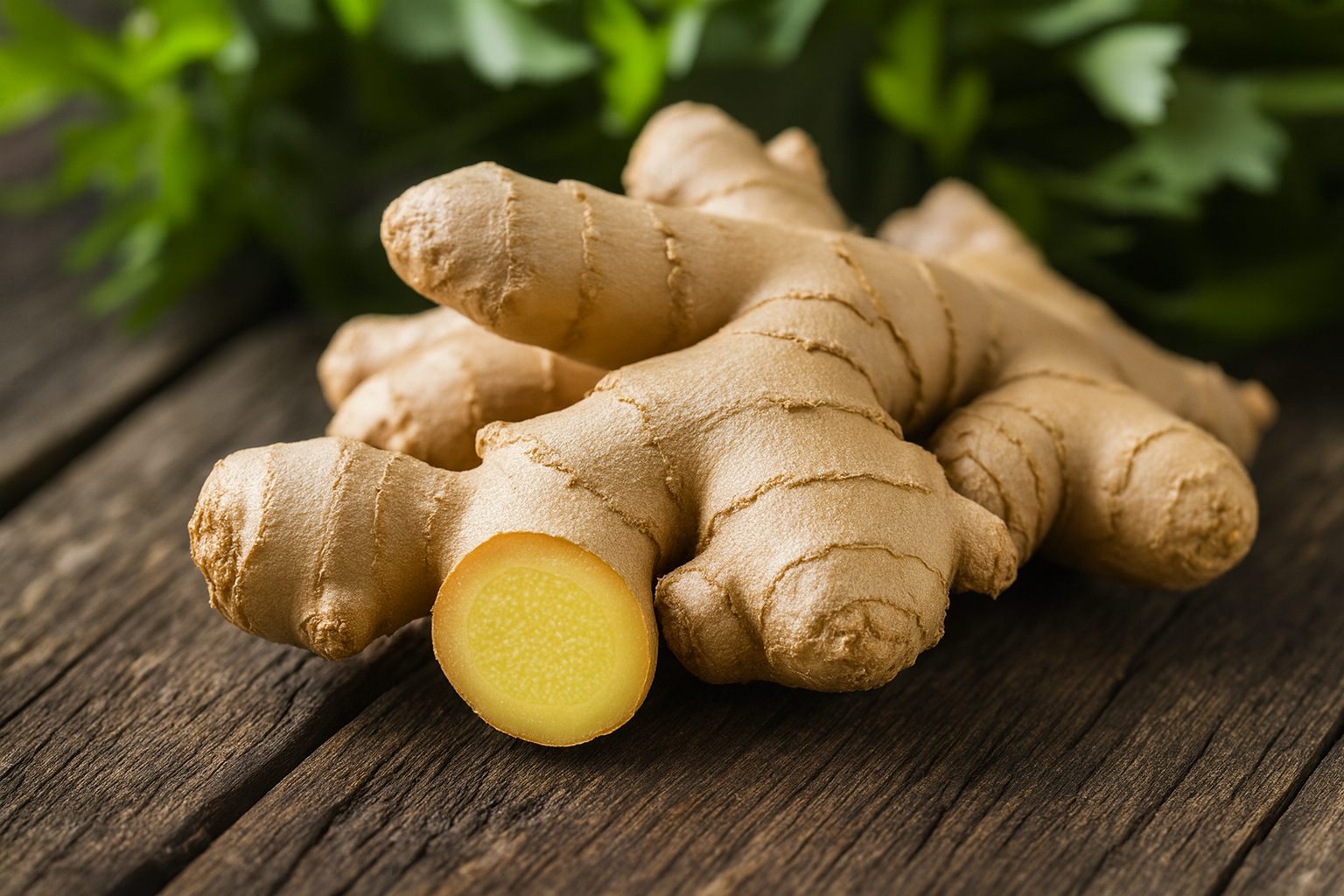
From Digestion to Immunity: The Many Benefits of Ginger
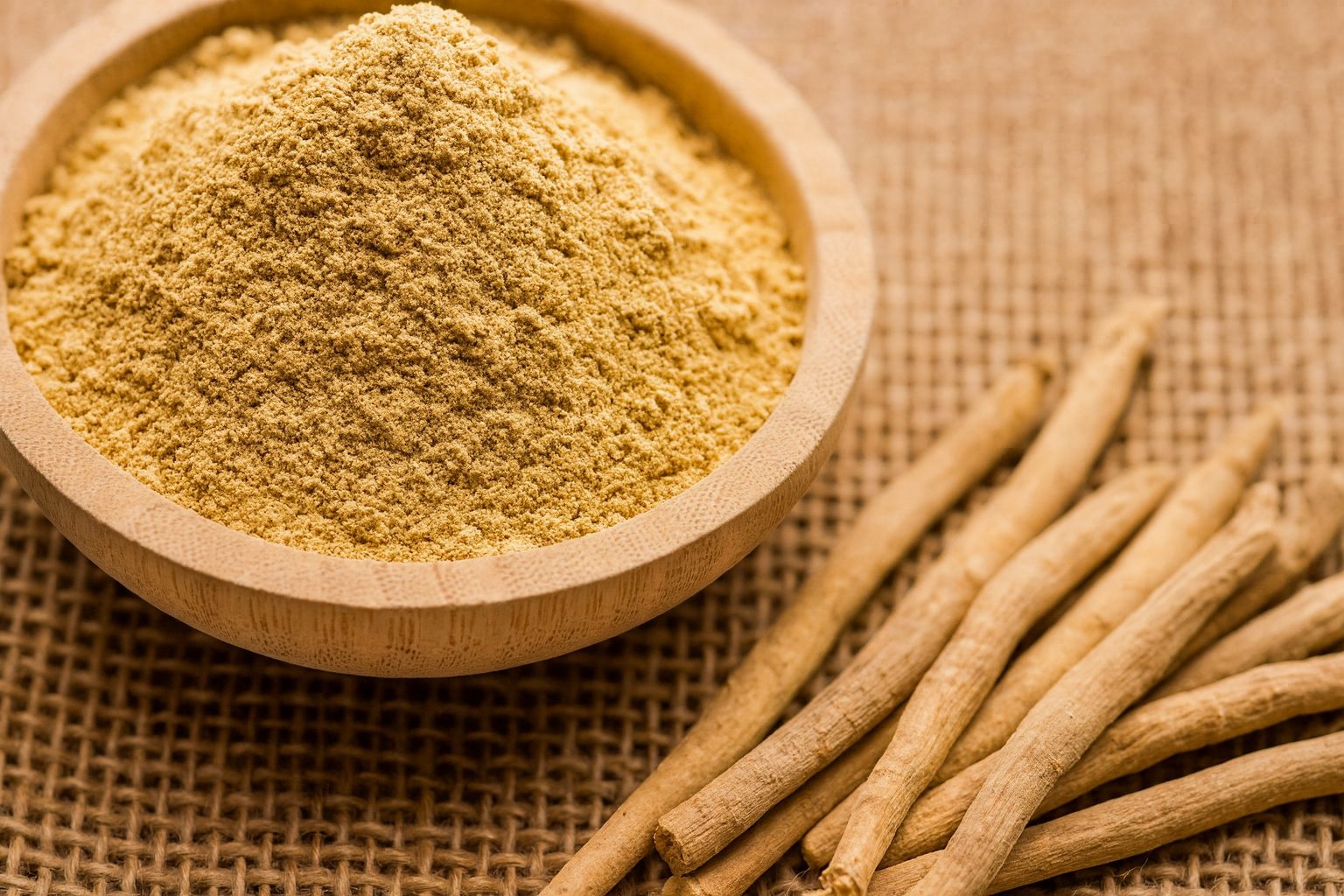
Ashwagandha: The Ancient Herb for Modern Stress
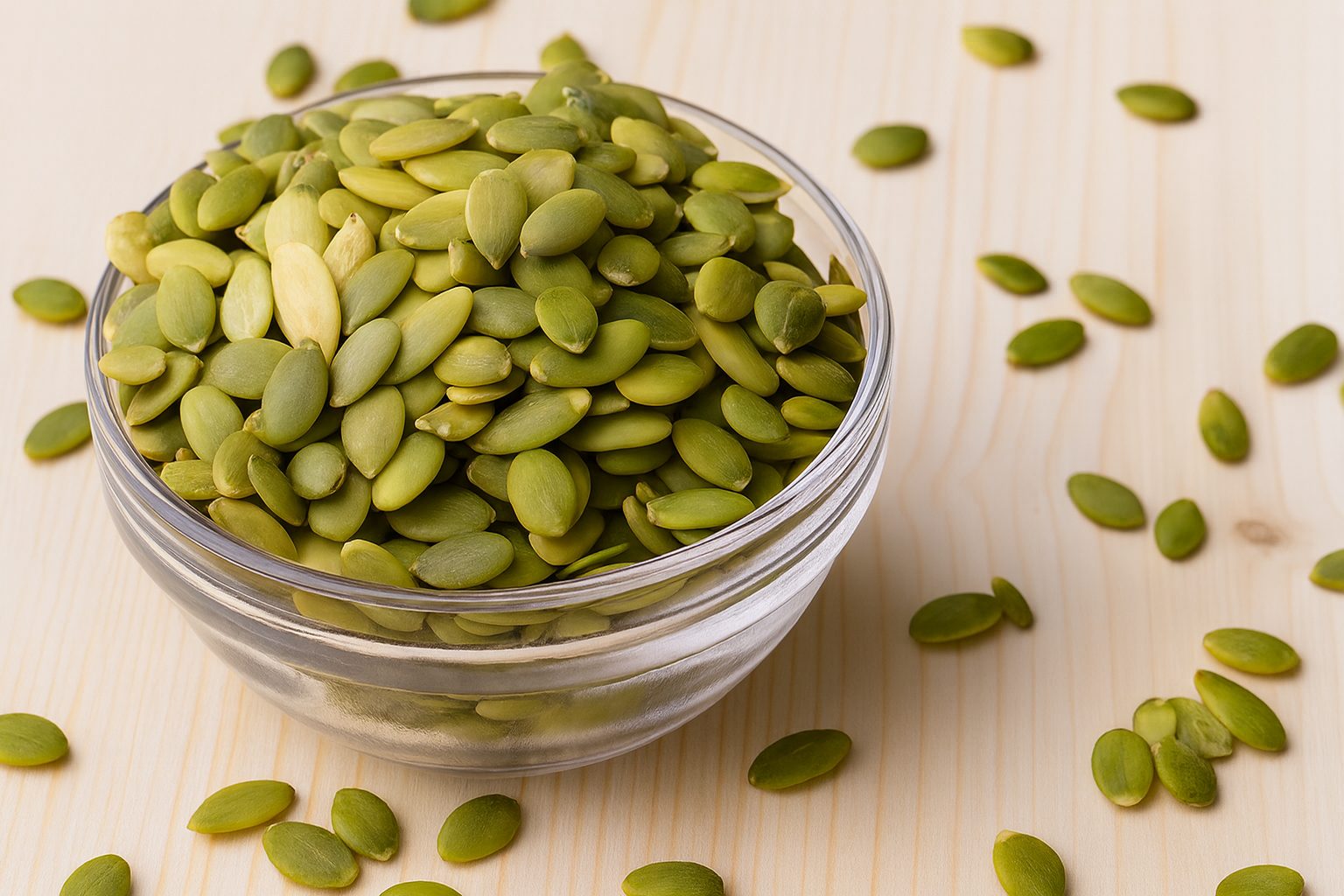
The Superfood You’re Overlooking: Pumpkin Seeds
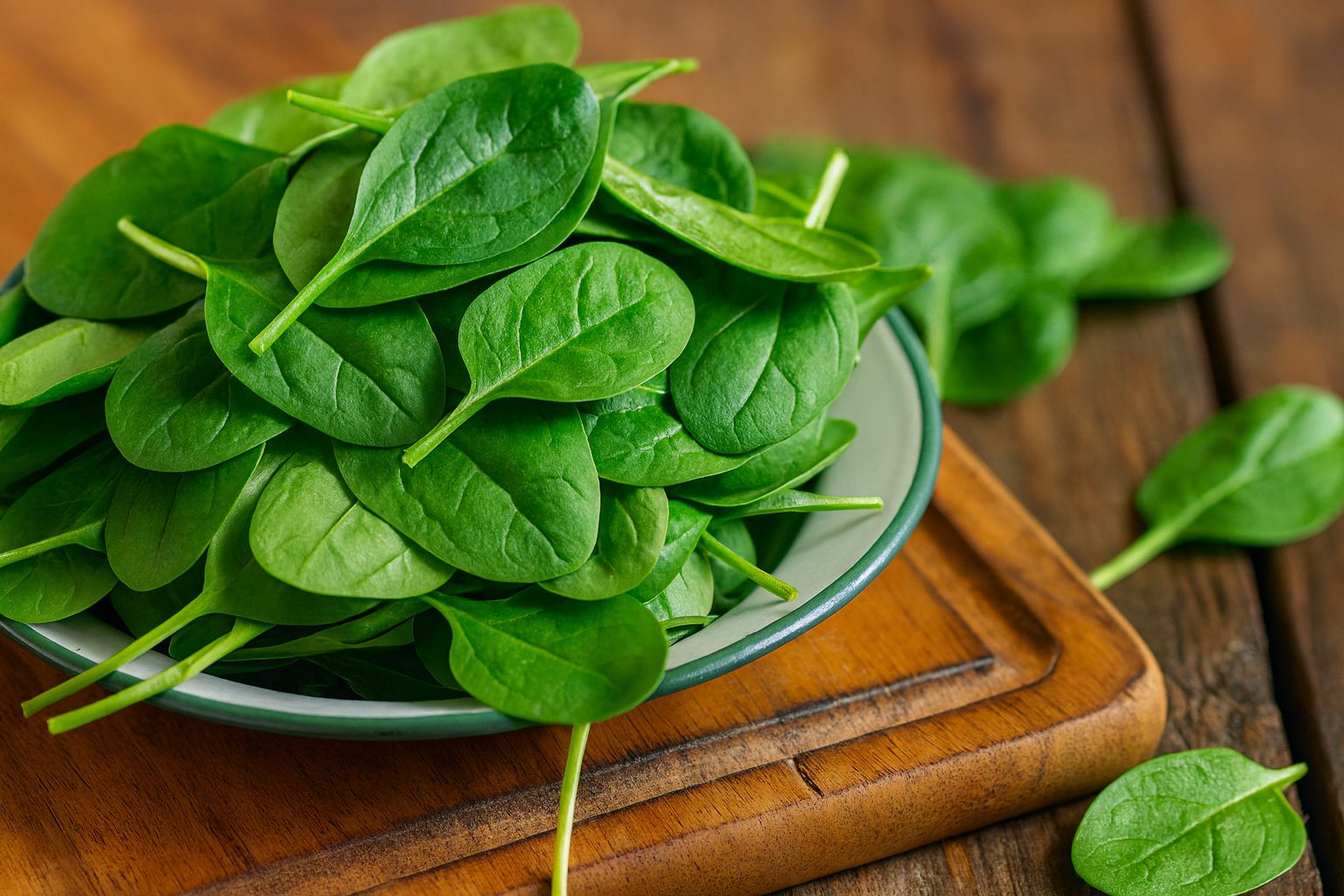
The Nutrient Powerhouse: Health Benefits of Spinach
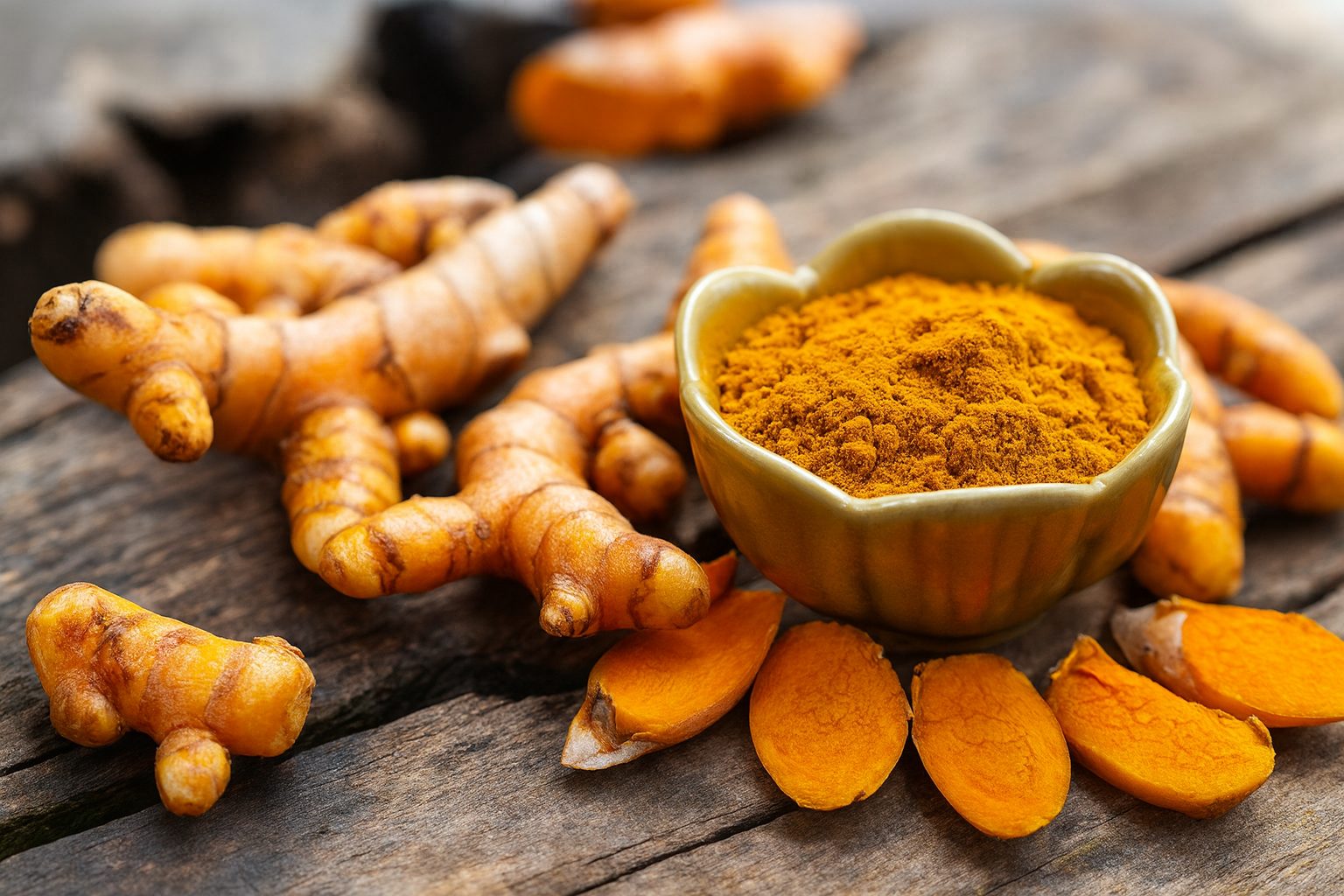
Why Turmeric Is the Golden Spice of Health
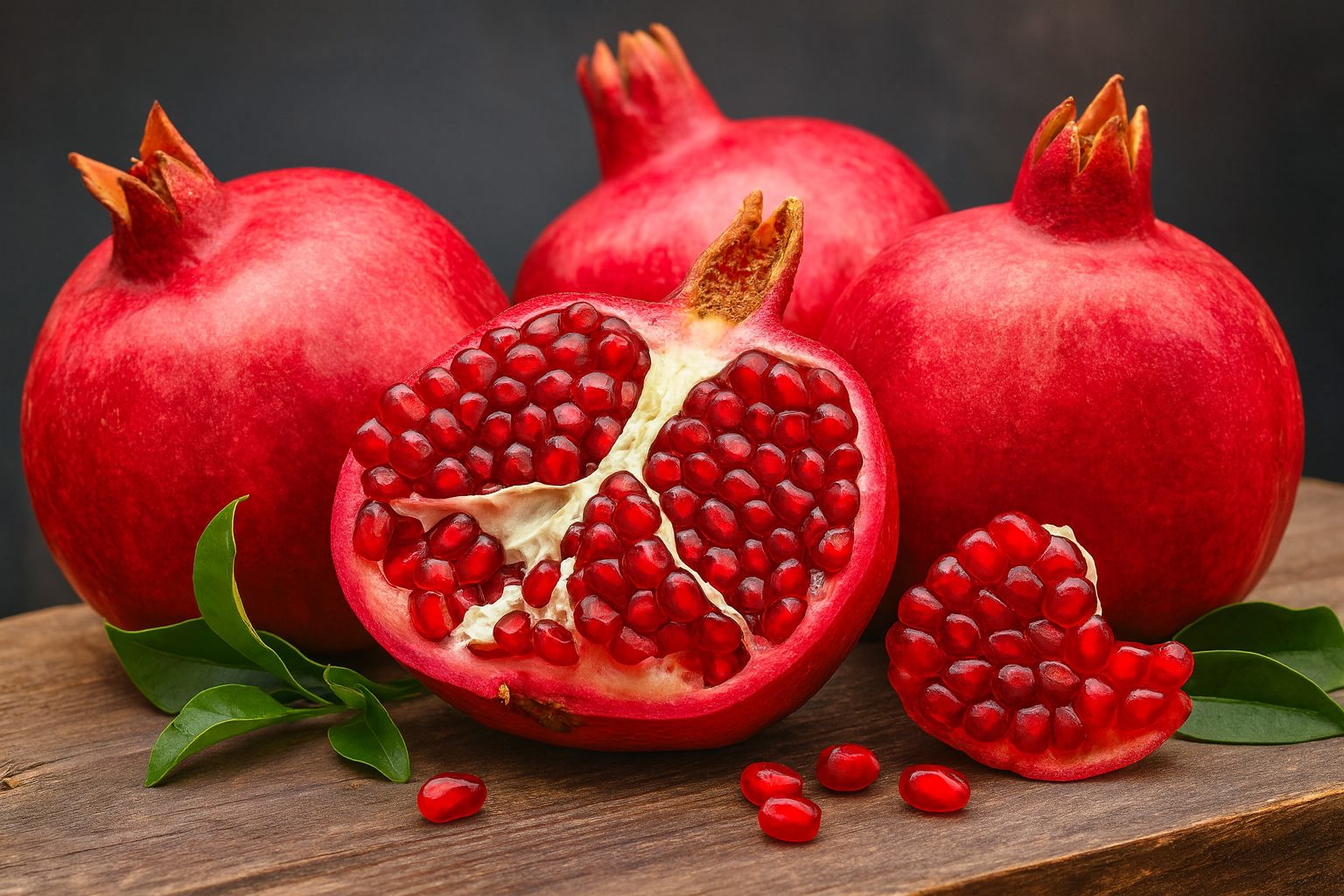
Why Pomegranate Is a Heart-Healthy Superfruit
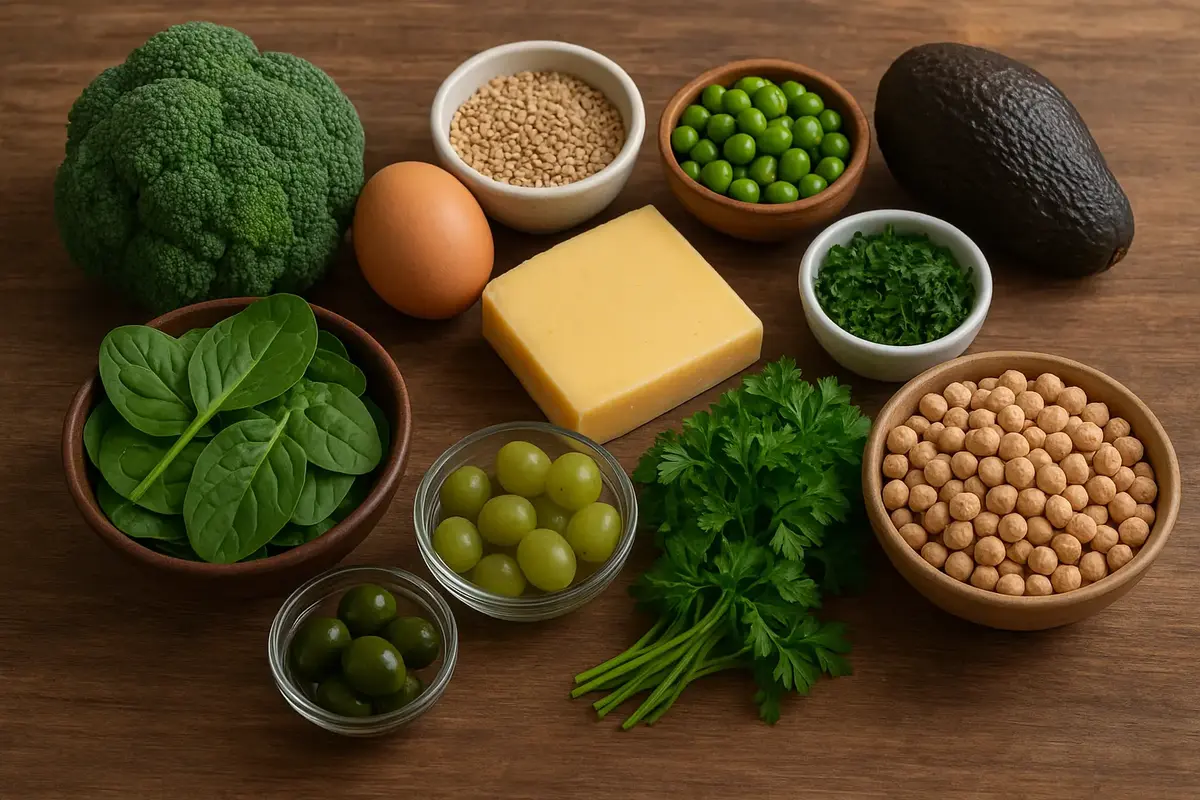
Surprising Foods That Pack More Vitamin K Than Kale
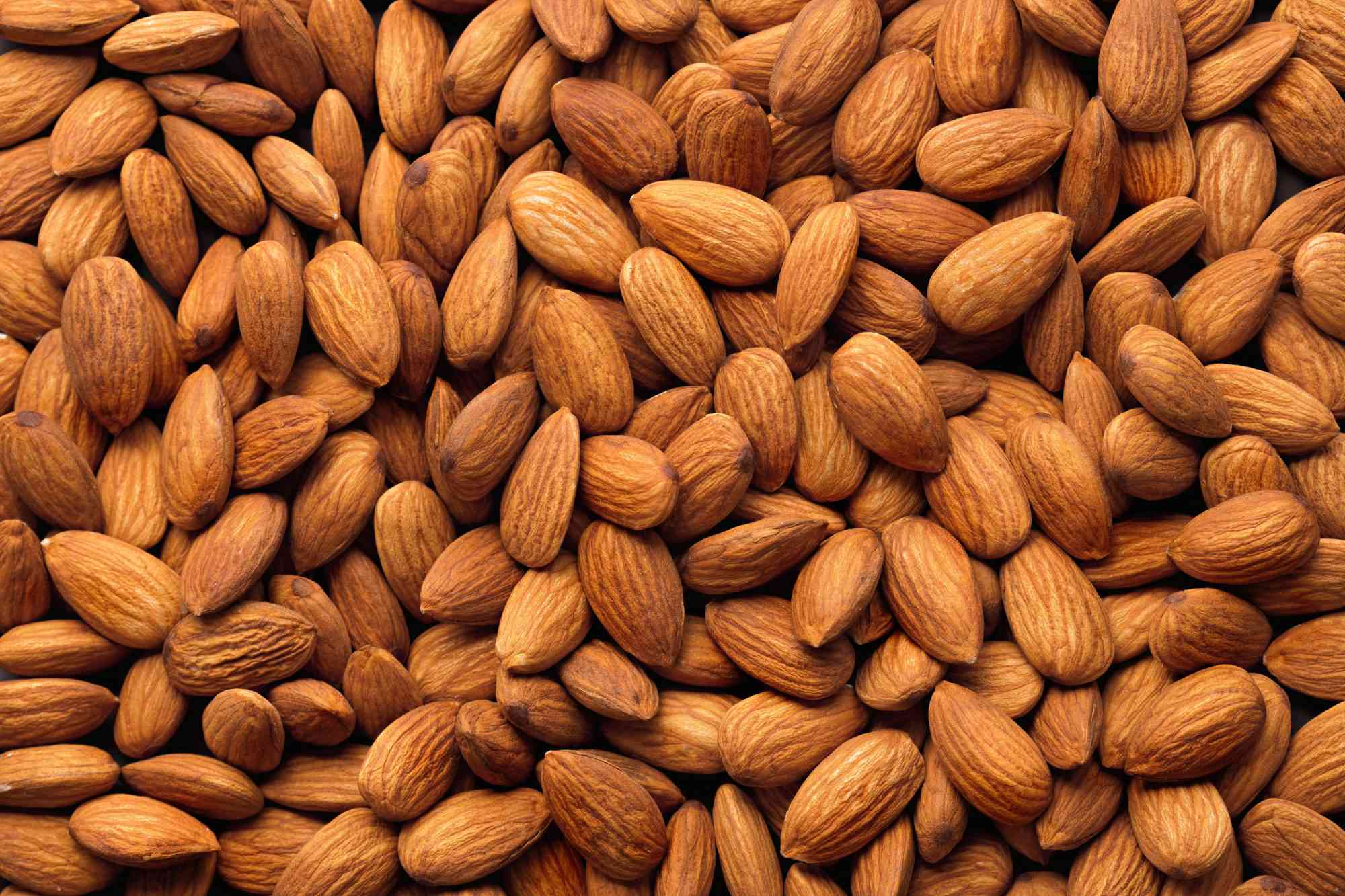
The Goodness of Almonds: 8 Reasons to Eat Them Daily
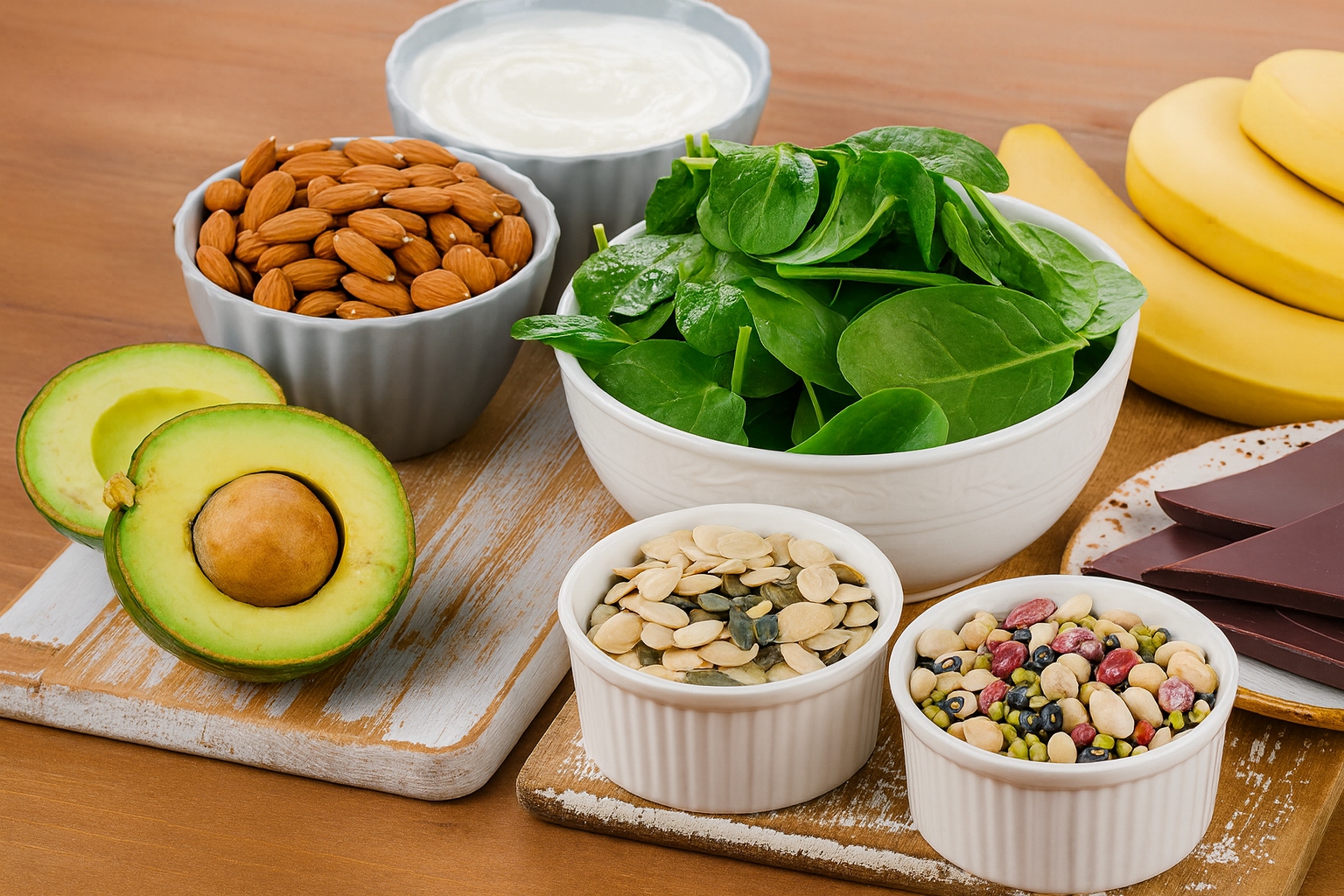
11 Fruits That Are High in Magnesium
